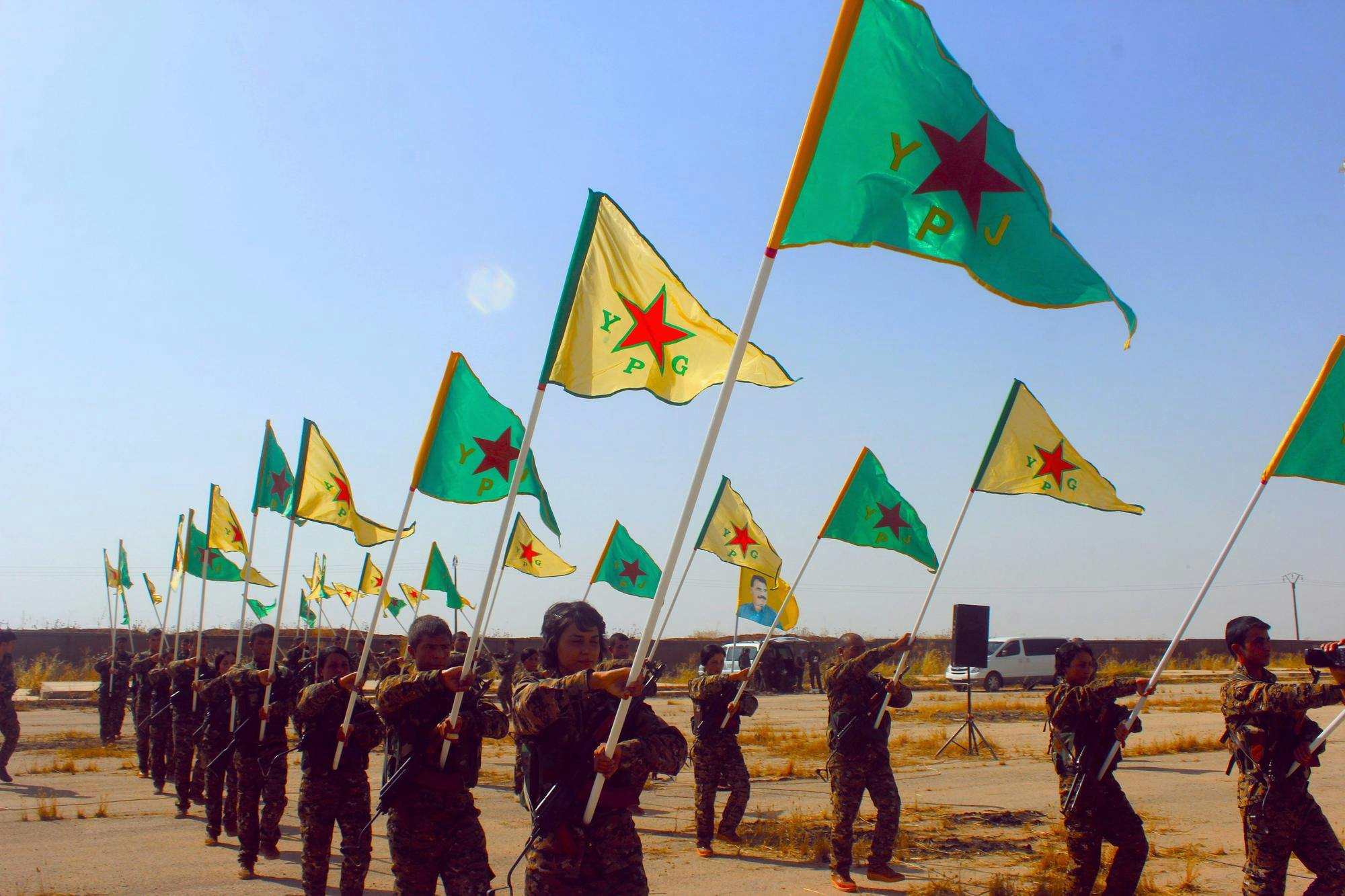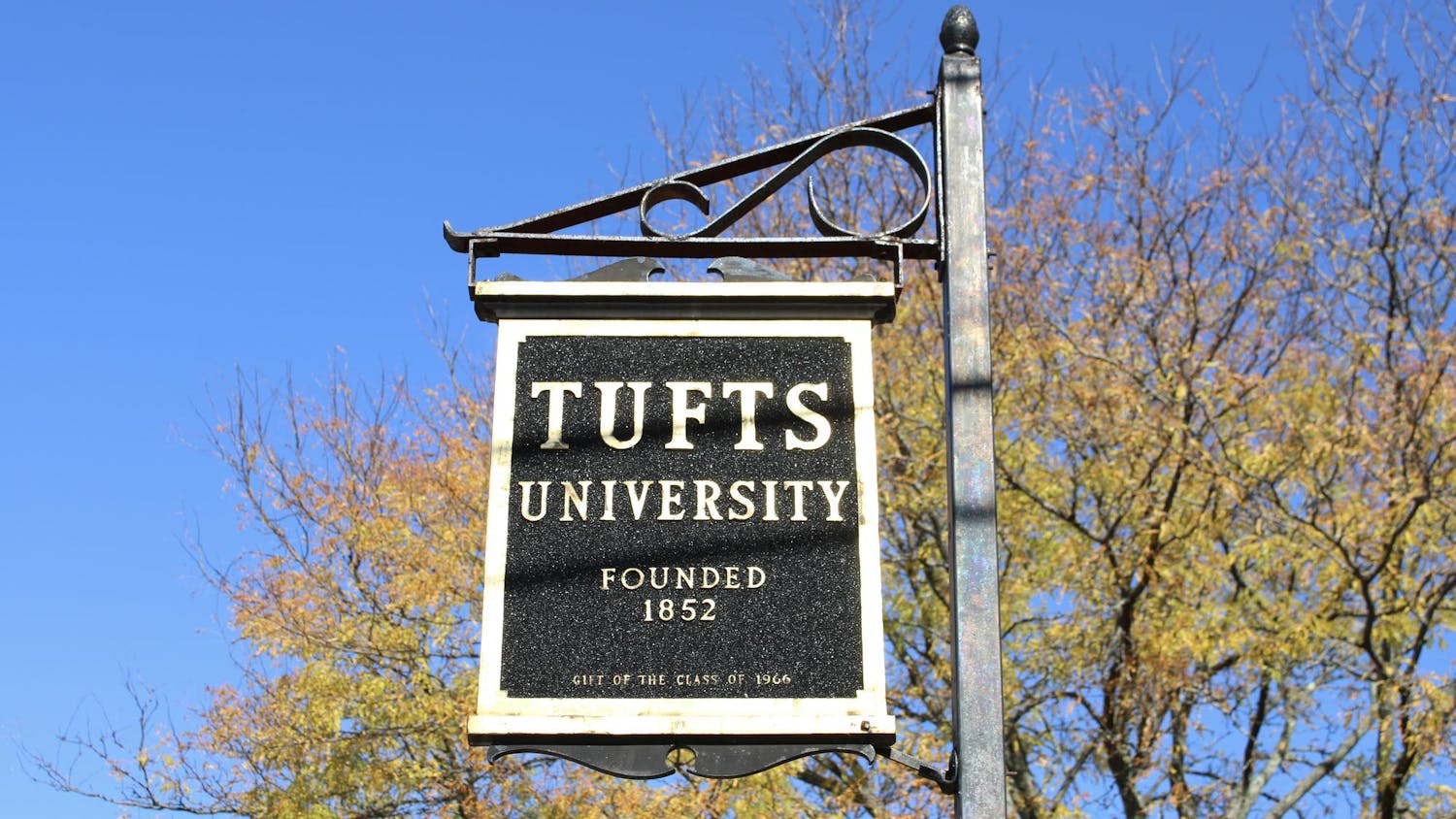The most important revolution of the 21st century did not occur in Tahrir Square, where Egyptian youth, some of whom call themselves “black bloc,” battled police forces. Nor did it occur in Ukraine in 2014, where government troops violently clashed outside Kyiv’s Central Square. Rather, the most important revolution of the 21st century is occurring in an oft-forgotten slice of Northern Syria. There, beset by a half-dozen outside forces, a ragtag coalition of Kurdish groups, ecosocialists and anarcho-feminists are managing to create a beautiful society based on cooperation, self-determination and acceptance. Their egalitarian principles of environmentalism, communism and gender equality provide a crucial model for a better world.
Known as the Rojava Revolution (Rojava meaning “Western Kurdistan” in Kurmanji), the uprising can trace its ideological origins to the writings of Abdullah Ocalan, compared by many to Nelson Mandela. In 1978, having endured decades of anti-Kurdish discrimination by the Turkish government, Ocalan founded the rebel Kurdistan Workers’ Party. In 1999, Ocalan was abducted and imprisoned by the Turkish state. While imprisoned, Ocalan developed the theories of democratic confederalism and Jineology, advocating for direct democracy, multiculturalism and a grassroots approach to protecting the environment. He intertwined these ideas with intersectional feminism and the anti-authoritarianism which can be found in the writings of anarchist Murray Bookchin.
In 2011, civil war erupted in Syria between the government of Bashar al-Assad and a coalition of rebel groups. As embattled government troops retreated across the country, a long-simmering social revolution exploded in the north of the country. The Kurdish-led People’s Defense Units took control of several key cities in Northern Syria. This revolution was extraordinary not only because of its successful embrace of multiculturalism in a country long fraught with ethnic violence, but because it heavily integrated feminism into its military structures. Women were required to hold military and civil positions parallel to men, enshrining in law gender equality. Worker co-ops were established across the country, enabling the revolution to combat racism, patriarchy and capitalism all at once. Currently, Rojava spans across a third of Syria and is made up of around 4.6 million people.
The achievements of the Rojava Revolution come against overwhelming odds. One of the first enemies of the revolution was the Islamic State group, which quickly expanded across Syria in 2013 and 2014. In 2014, the Kurdistan Workers’ Party, People’s Defense Units and the Women’s Protection Units (the all-female version of the People’s Defense Units) dramatically rescued 50,000 Yazidis trapped on Mount Sinjar from the clutches of the Islamic State group. In 2017, the People’s Defense Units and hundreds of international volunteers helped liberate Raqqa, the Islamic State group’s capital in Syria. Another threat to Rojava has been Turkey, which has invaded Syria multiple times to crush Kurdish resistance. According to Amnesty International, Turkish forces have committed numerous war crimes, and have also shut off food, water and electricity to the beleaguered anarchist enclave.
In spite of such great odds, Rojava has managed to create a functioning restorative justice system. In large part due to a prolonged ISIS insurgency, Rojava does have security forces: the Asayish and Civil Defense Forces. However, the group is made up of local community members and does not have a monopoly on violence. In addition to the gender equality enshrined in law, the Asayish even has a unique branch to deal with gender-based violence. Most disputes are settled by community members, who may spend months negotiating with the affected parties until both sides are satisfied. This process, which is often undertaken by the entire neighborhood, is restorative, unlike the brutal conditions inherent in the Western carceral systems. In the rare cases where issues need to be elevated to a higher court, the justices can be nominated by anyone and act through consensus, ensuring a fair and democratic legal process. Rojava has even begun to rehabilitate former Islamic State group prisoners of war by teaching them vocational skills like barbering, which help decrease the prison population of some cities.
The trail blazed by Rojava could lead all of us to a better future. The values of local autonomy, Jineology, prison abolition, eco-socialism and multiculturalism are desperately needed in the U.S. As important as it is to forcefully overthrow the capitalist, racist and colonial systems of power that have characterized America since its inception, a better alternative is also needed. Rojava may just be that alternative.






